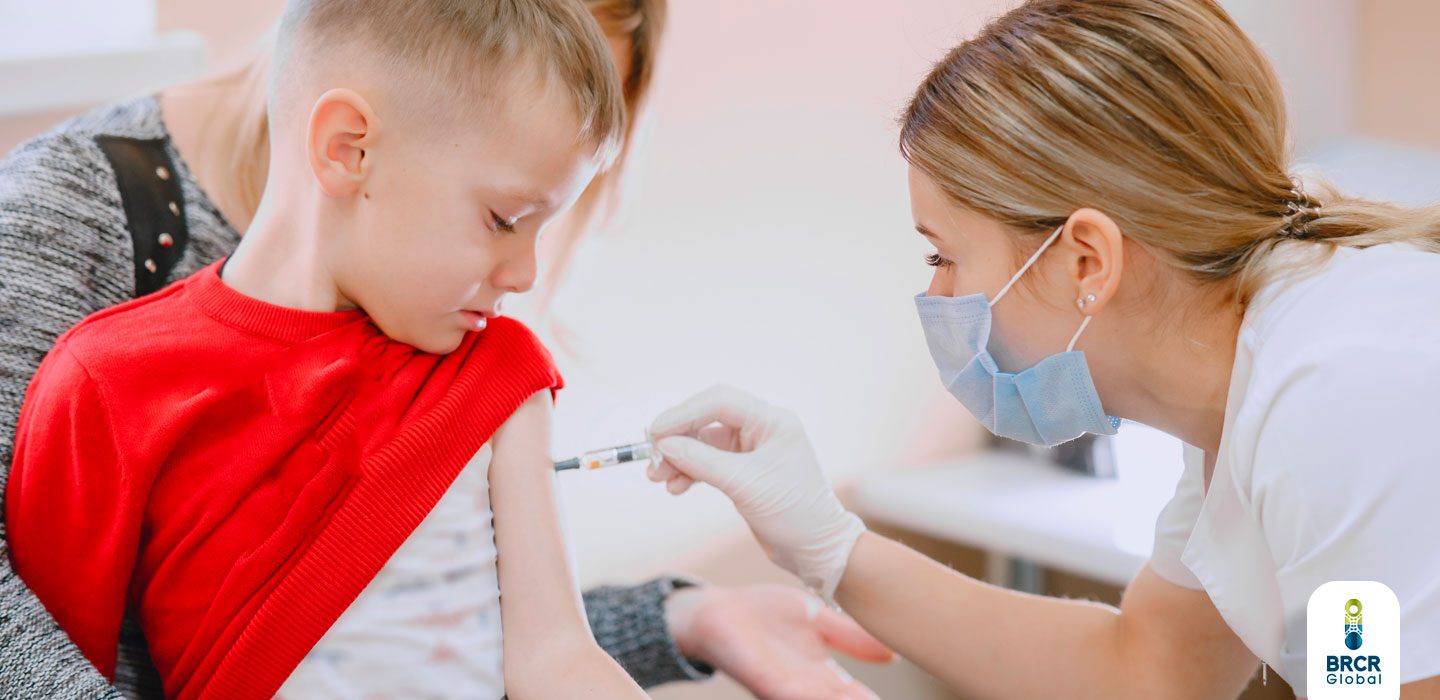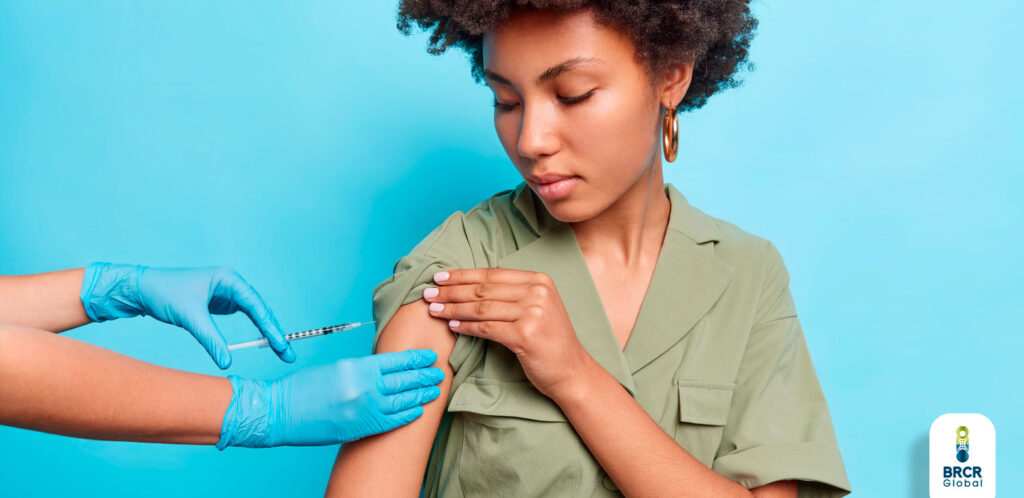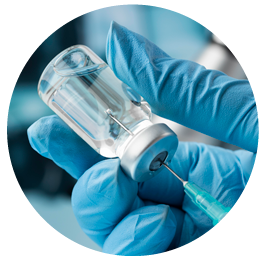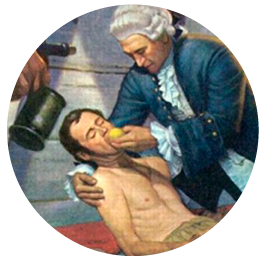According to the WHO, childhood vaccines save the lives of four million children a year by providing protection against diseases such as diphtheria, measles, pneumonia, rotavirus, rubella, tetanus and polio.

There are compelling facts about the importance of vaccines for health. According to the WHO, childhood vaccines save the lives of four million children a year by providing protection against diseases such as diphtheria, measles, pneumonia, rotavirus, rubella, tetanus and polio.
However, the risk of vaccine-preventable disease outbreaks in America reached its highest level in 30 years in 2023.
Vaccines can be considered – along with water purification – the preventive measure that has brought the most benefits to humanity by helping to protect children against diseases that can cause serious harm or death, especially in people with developing immune systems, such as infants. By stimulating the body’s natural defenses, they prepare the body to fight disease more quickly and effectively.
Prior to birth, babies take from the placenta the necessary defenses to protect themselves against possible infections during the first weeks of life.
But this protection is soon lost, depending on the microorganism in question. Thus, while in infectious diseases such as whooping cough, the immunity transmitted by the mother is maintained for only a few weeks, in other cases, such as measles, it can last up to six months or a year, depending on the child.

This fact determines two very important things: the need to vaccinate children to protect them against known diseases and when they should be vaccinated to maintain their immunity against them.
In April last year, Dr. Jarbas Barbosa, Director of the Pan American Health Organization (PAHO), urged the countries of the Americas to urgently intensify routine vaccination efforts, as the risk of outbreaks of vaccine-preventable diseases in the region reached its highest level in 30 years.
Currently, the Americas Region has the second worst vaccination coverage in the world. More than 50% of children who have never received a vaccine in the region are in Brazil and Mexico.

In Europe, meanwhile, the tendency not to vaccinate minors has led to an increase in the number of cases of diseases that had already been eradicated, such as measles.

A study published in Lancet Infectious Diseases concluded that in the first year of pandemic inoculation, the injections saved the lives of 19.1 to 20.4 million people. Without them, about three times as many would have died in 2021 alone, the study notes. Of those averted deaths, 78.2% were due to the direct effects of the vaccine. The rest were due to indirect effects such as reduced disease transmission and less hospital collapse.
 Rigorous clinical trials
Rigorous clinical trialsVaccine research, like any drug, begins with a strategic framework, followed by the identification of a target and its analysis with animals in the laboratory, steps that are carried out in the preclinical stage. If the results are favorable, it is essential to advance to clinical development to validate them in humans. All licensed vaccines undergo rigorous testing throughout the various phases of clinical trials, and continue to be evaluated regularly after they are marketed. In addition, scientists constantly monitor information from a variety of sources for indications of adverse effects.
Serious injury from a vaccine-preventable disease is much more likely to occur than from a vaccine. For example, tetanus can cause severe pain, muscle spasms (e.g., of muscles used for chewing) and blood clots, while measles can inflame the brain (encephalitis) and cause blindness. Many vaccine-preventable diseases can kill us. The benefits of vaccination far outweigh the risks they expose us to, and without vaccines there would be many more cases of illness and death.
Getting vaccinated – or not – is not only a personal or family decision, but also a responsibility towards society, as it may mean the return of diseases already forgotten in many countries.
Today – as always and more than ever – to vaccinate is to protect.

DW Magazine interviewed our CEO, Aldo Zambrano, in its August edition about Puerto Rico.
We are proud to be recognized as a protagonist for our work in clinical research. We are very happy to work in Puerto Rico and every day we strive for excellence.

DW Magazine interviewed our CEO, Aldo Zambrano, in its August edition about Puerto Rico.
We are proud to be recognized as a protagonist for our work in clinical research. We are very happy to work in Puerto Rico and every day we strive for excellence.

According to the WHO, childhood vaccines save the lives of four million children a year by providing protection against diseases such as diphtheria, measles, pneumonia, rotavirus, rubella, tetanus and polio.

According to the WHO, childhood vaccines save the lives of four million children a year by providing protection against diseases such as diphtheria, measles, pneumonia, rotavirus, rubella, tetanus and polio.

Clinical trials are what guarantee pharmacological safety and the improvement in the method allows drugs and therapies to be developed today with the highest ethical, scientific and quality guarantees.

Clinical trials are what guarantee pharmacological safety and the improvement in the method allows drugs and therapies to be developed today with the highest ethical, scientific and quality guarantees.

Days like today are what we work hard for, where a small victory means a big step for the community, especially for those suffering from diseases and for their families and friends who accompany them.

Days like today are what we work hard for, where a small victory means a big step for the community, especially for those suffering from diseases and for their families and friends who accompany them.

It is a commonly accepted myth that people are used as guinea pigs in medical experiments. In reality, this myth is false and no information has been found to validate this assumption.

It is a commonly accepted myth that people are used as guinea pigs in medical experiments. In reality, this myth is false and no information has been found to validate this assumption.

Clinical trials play a crucial role in the fight against cancer. These studies are fundamental to evaluate the effectiveness and safety of new treatments and therapies, as well as to improve cancer care in general.

Clinical trials play a crucial role in the fight against cancer. These studies are fundamental to evaluate the effectiveness and safety of new treatments and therapies, as well as to improve cancer care in general.

Based on the premise that medical research is the only tool that Science has to study new and better treatments for diseases, from BRCR – as a key link – we are committed to the task of providing the quantity and quality of information necessary for the peace of mind and safety of all the actors involved in the processes.

Based on the premise that medical research is the only tool that Science has to study new and better treatments for diseases, from BRCR – as a key link – we are committed to the task of providing the quantity and quality of information necessary for the peace of mind and safety of all the actors involved in the processes.
55 Weston Rd
Weston, FL 33326
Phone: +1 888 745 2727
8200 W Sunrise Blvd Suite D2
Plantation Fl 33332
Phone: +1 888 745 2727
Ashford Medical Center 29 Washington Street Suite 310 -San Juan, PR 00907
Phone: (787) 313 3307
Edif. XIMA, Via Samborondon Piso 1 Oficina 120
Phone +593 4 209 7403
Sur 132 No. 108 Suite 601-605 Col. Las Américas CP 01120
Phone: +52 5568632661
Ofident del CCCN, 200 m Norte y 25 m Este.
Barrio Dent, San Jose. Costa Rica
Phone: + 506 4800 0254 / +506 8867 2186